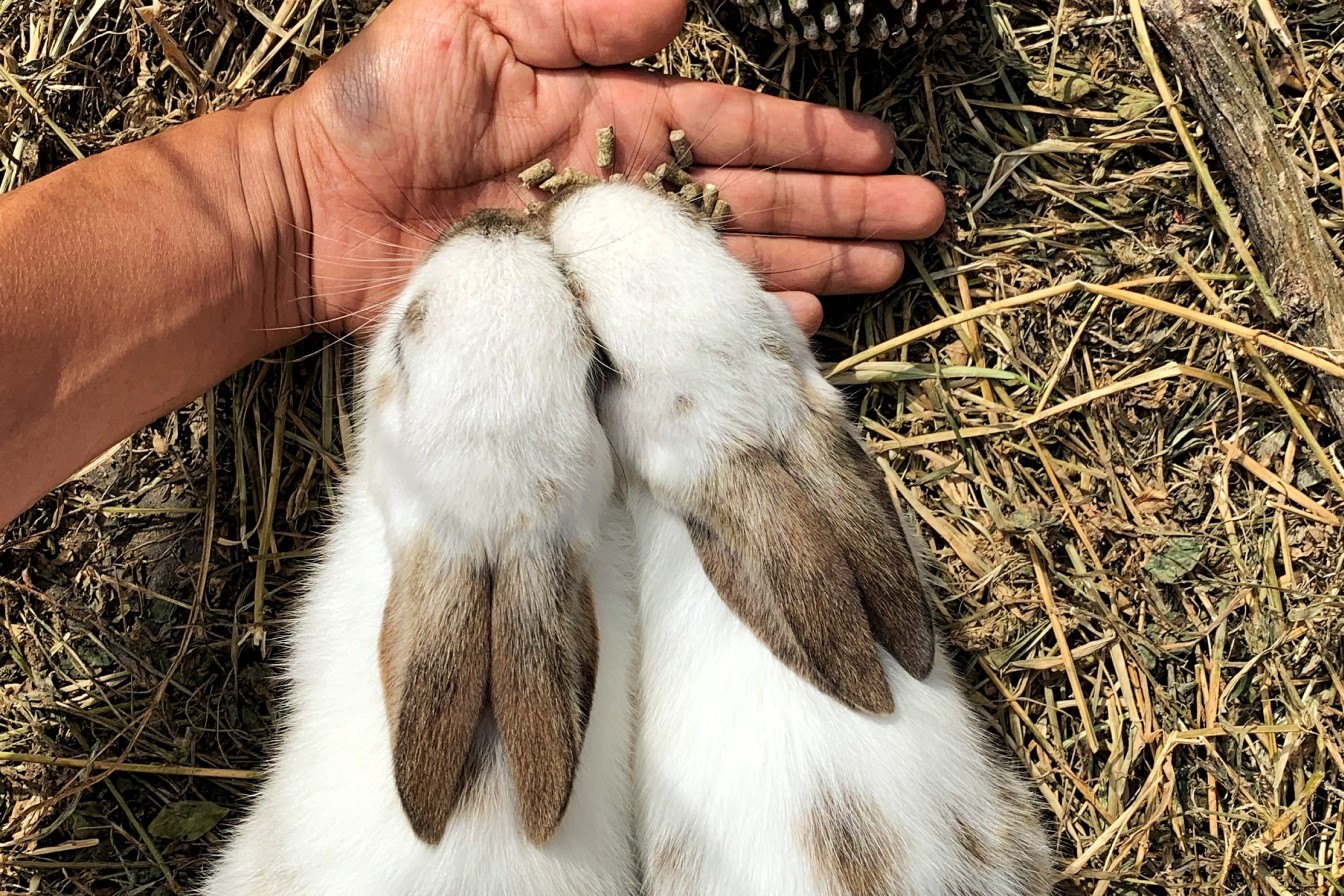Funding research into alternatives for animal testing
The Medical Advances Without Animals Trust (MAWA) is a charitable organisation which works in partnership with The Australian National University and provides support and funding to universities and medical research institutions throughout Australia. This includes the Group of Eight (Go8) leading Australian universities and many of Australia’s most prestigious and successful medical research institutions to advance medical science without using animals or animal products for biomedical research.
Since 2018, the Foundation has provided direct funding to researchers at the University of Sydney to advance promising technologies like Organ-on-Chip (OoC), which are already proving to be viable biomedical testing methods in replacement of animals. These methods are seeking to replace current animal testing models, which are time consuming, expensive, often inaccurate and do not have high throughput capacity. Organ-on-Chip technologies have emerged as highly effective human body mimicking devices. They present a few major advantages, including their accurate representation of human relevant processes, and their potential to be assembled into fully integrated multi-organ structures to create a virtual human-on-chip, as well as to mimic pathophysiology – disease-on-chip.

Since 2019, The Foundation has provided direct funding to researchers at The University of Sydney to advance promising technologies like Organ on Chip (OOC), which are already proving to be viable biomedical testing methods in replacement of animals.
The aim of the most recently funded research project is to develop a multiorgan-on-chip model, which emulates lung-gut axis to study safety, efficacy, and superiority of new respiratory medications and therapies. This model will also enable fundamental studies of the effect of environmental pollutions on respiratory health. Progress in developing new approaches for lung regeneration is hampered by the absence of realistic human-pathophysiology mimicking models that enable rapid, reliable, and reproducible assessment of the safety and efficacy of new strategies to regenerate lungs. Therefore, this research will establish a multiorgan-on-chip model: a new class of lung-gut axis models that will accelerate the discovery of effective solutions to lung injury.
Ultimately, and most importantly, this new technology will replace the use of animal models in this biomedical process.




